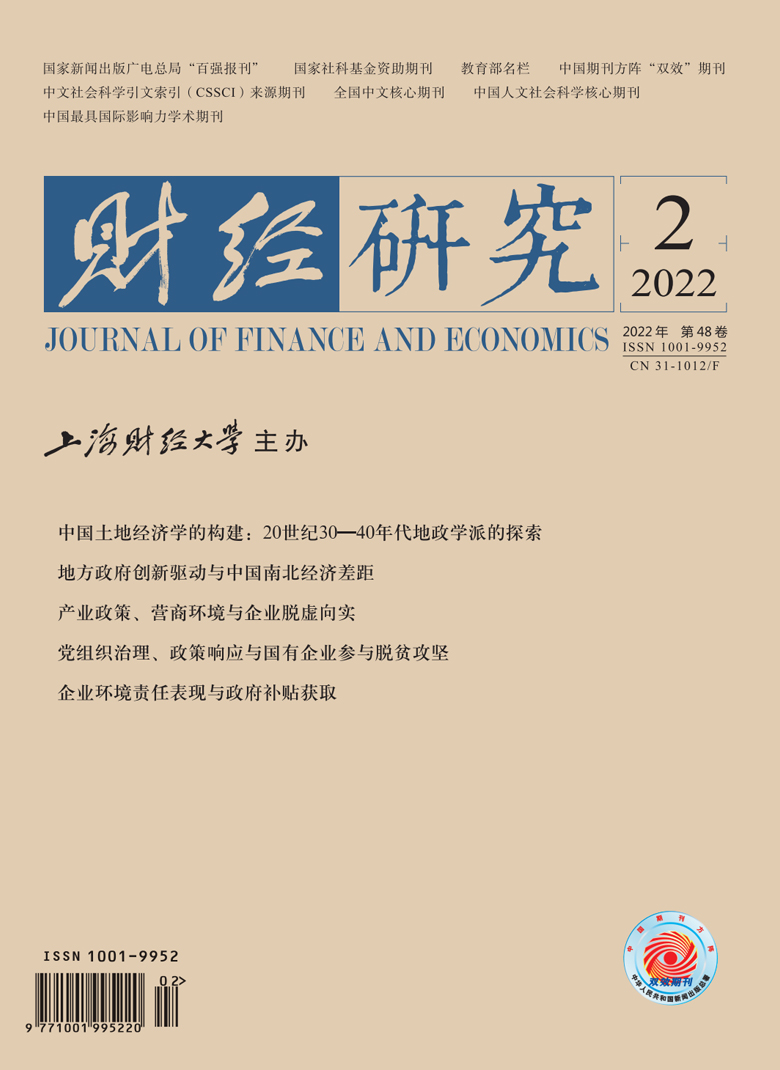The Communist Party of China is the largest political Party organization in history, leading the largest political reform, social progress, and economic development with the largest population in human history. As the micro basis of the organization, the individual quality and behavior of CPC members not only directly affect the quality of the decision-making and implementation of the Party organization, but also produce a range of positive externalities, that is, the exemplary role, by influencing the thoughts and behaviors of others. Although a number of theoretical and case studies have discussed the positive externalities produced by community members, few studies have empirically examined the exemplary role of community members. Identifying the peer effect of community members is challenging. First, individuals can choose their own peers. Peers have similar academic performance, which may be caused by the peer effect or the selection effect. Second, there can be omitted variable bias. Peers have similar school performance, which may be caused by other unobservable common learning environments. Third, there is a reflection problem. Students can affect each other at school. The correlation of test scores between students is the result of mutual influence. It is difficult to isolate the unilateral influence of other peers on the student.
This paper analyzes the exemplary role of CPC members using quasi-natural experiments. It focuses on the peer effect among graduate students in a financial and economic university (hereafter “University A”). The programs for graduate students in University A last two and a half years and concentrate on economics, statistics, foreign language and literature, business administration, law, and Marxism. All the graduate students are required to live on campus throughout the program. Dormitories are assigned according to the alphabetical order of student names. We argue that the phonetic order of Chinese characters is exogenously determined and is uncorrelated with individual predetermined outcomes. This allows us to address the endogeneity issue when identifying the peer effect of CPC members.
Using the data from the academic administration and survey, we find that the proportion of undergraduate CPC members in the dormitory is positively associated with the student performance in the graduate period. Further mechanism analysis indicates that the proportion of undergraduate CPC members in the dormitory is positively correlated with dormitory learning atmosphere and student learning attitudes. We also provide some evidence that the positive spillover effect of CPC members is driven by the learning ability of CPC members.
This study may have several contributions: First, it provides empirical evidence on the peer effect of CPC members. Second, it deepens our knowledge about the channels underlying the peer effect. Third, it may have some implications for the current graduate training in China. This study shows that undergraduate CPC members generate positive externalities for their peers. We may enhance the positive externalities of CPC members by creating more exchange opportunities between CPC members and non-CPC members. This will be of great significance to all fields that require professional training for graduate students.





 6186
6186  6899
6899

